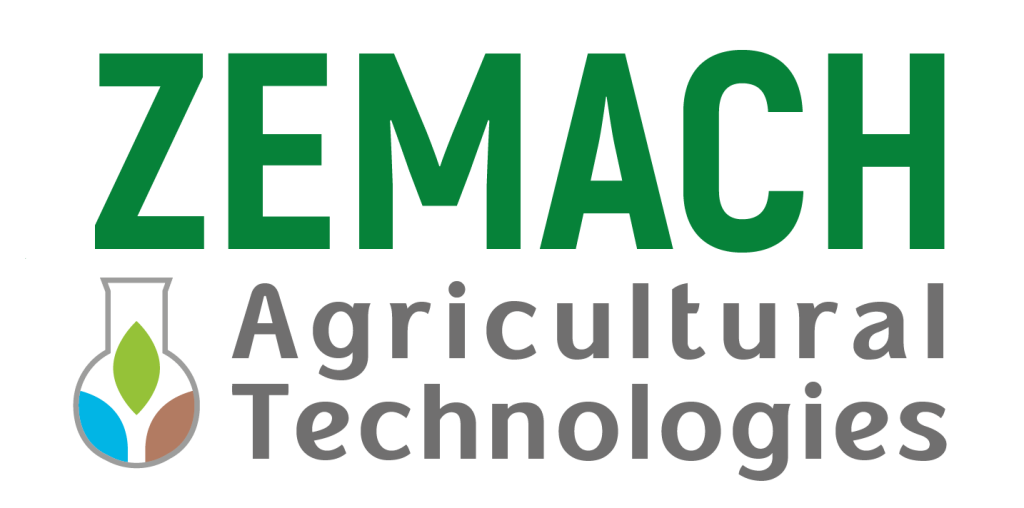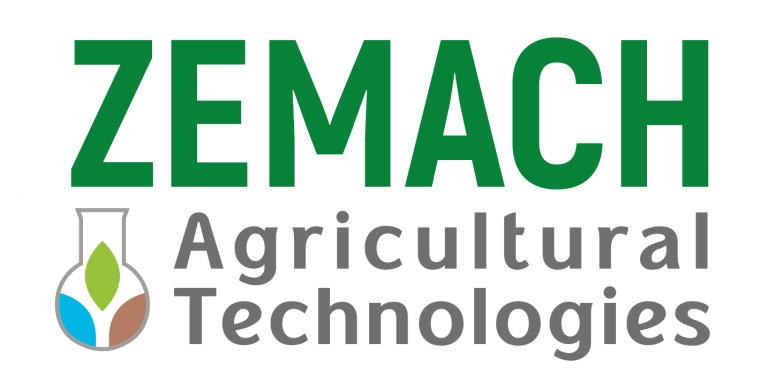Field service
The field service laboratory in the Jordan Valley was established in 1950. The owner of the lab is Zemach Mifalim (Zemach Regional Industries) in the Jordan Valley. The lab provides services to farmers from all around Israel, research institutes, universities, colleges, private and government companies.
The aim of the tests performed in the lab is to assist farmers, instructors and researchers to locate problems in the soil or crops, if such exist, liable to inhibit the plant’s proper growth. In addition, the tests assist in determining the right dose of fertilizer given to the crop to attain optimal results, save fertilizer and water, reduce excessive use of chemicals, and thus contribute to quality of environment and preservation of soil.
The materials tested in the lab are: Soil, growth media, water, sewage and treated wastewater, nutrient solutions, plant materials, liquid and solid fertilizers, compost and organic manure.
In 2012, the lab received recognition by the Ministry of Agriculture for the testing of sewage and treated wastewater.
The field service also specializes in agronomic consulting and performing soil surveys. The findings of soil surveys conducted in Jordan Valley plots by Amke Kinarti and other field service advisors over the last 50 years include lab test results. Samples of soil are preserved in a one of a kind soil archive, together with a description of the soil cross section, and recommendation for preparing the surveyed plot for planting. These data have been computerized in GIS (Geographic Information System), thus enabling easy access to the data.The laboratory provides services to farmers, research institutes, universities, colleges, private and government companies
CERTIFICATION AND RECOGNITION
On June 11, 2006 the lab was certified by the Israel Laboratory Accreditation Authority for ISO 17025 for labs. Since then, the lab is audited once a year to renew its certification.
MANAGERS
Yelena Shchukin – Field Service Laboratory Manager
Holds a B.Sc. Food Engineer from the Mogilev Technology University of Belarus.
+972-052-4282042
yelena@zemach.co.il
Nurit Ben Hagai – Field Service Specialist and consultant
Holds a B.Sc. from the Faculty of Agriculture, the Hebrew University of Jerusalem.
+972-50-7550053
labsoil@zemach.co.il
Lior Avishai– Chief Agronomist
Holds a B.Sc. from the Faculty of Hydrology, the Ben Gurion Univresity of the Negev.
Our activitIES
The field service laboratory performs chemical tests on a variety of materials, in response to various agronomic and environmental issues, and in support of research.
The lab specializes in testing the following materials:
Soil
Soil tests are performed in order to designate plots for planting, give fertilization recommendations, and locate problems associated with plant growth, such as: appearance of tomato yellow leaf curl virus, burning of leaves, shedding of leaves, etc.
Water
Including fresh water, treated wastewater, and sewage.
The aim of the tests is to characterize the quality of the irrigation water and examine its suitability for irrigation of salt-sensitive crops; examine the wastewater treatment’s compliance to regulation requirements; and assess the contribution of the irrigation water, sewage or solutions containing fertilizer to the plant’s nourishment.
Plant material
Leaves, leafstalk (petiole) and blades, mainly in groves. Complementary plants when growing wheat and fruit in order to match concentrations to protocols. Recommendations for fertilizing are then given, according to the gap.
Compost and manure
The tests enable examining the quality of the compost and its degree of maturity, and comparing the indexes to the compulsory protocols of the regulator. The results enable growers to compare different materials, and choose the highest quality product. Compost producers take advantage of the lab’s services in the production process as well, until marketing quality is achieved.
Growth media
Growth media are used as a substitute for soil in intensive greenhouse agriculture, and sometimes as a feeding vein or channel in new groves as well as older ones.
Properties such as water adhesion and drainability of the media after irrigation are very important when choosing the media, and should be verified over time that the media is still up to standard.
The laboratory specializes in unique tests for characterization of growth media:
Distribution to size sections, plant pot capacity, and adhesion curve, in addition to chemical indexes such as salinity and nutrient element content.
Later on, instructions and dates for sampling soil and leaves are published, according to type of crop and purpose of sampling.
The lab provides sampling containers for solutions (including sterile containers) according to the purpose of the sampling, as well as bags for soil sampling.
The lab also provides sampling services at groves or reservoirs. Sampling is performed by a certified sampler, according to purpose, existing protocols, and regulation requirements.





